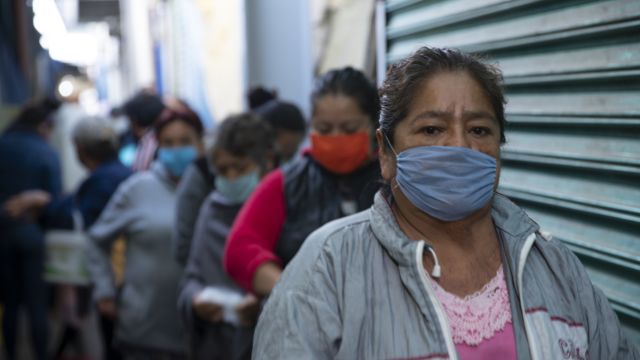Annapolis — During a Zoom meeting of the Eastern Shore Delegation on Friday, the Eastern Shore Behavioral Health Coalition expressed worry about new state regulations transitioning to a fee-for-service model and a proposed bill addressing telehealth services in schools.
The Eastern Shore Behavioral Health Coalition delivered a presentation on behavioral health concerns and activities in the Eastern Shore. Tina Brown, director of Eastern Shore Crisis Response, stated that the organization presently serves eight of the nine counties on the Shore, and that all programs are supported through grants.
According to Brown, transitioning to a fee-for-service approach will be “devastating to our clients and our program on the Shore.”
The issue arises because the Eastern Shore’s population must be larger in order to support those services in a fee-for-service model. Brown stated that for the initiative to be effective, her team would need to see 10,515 cases per year and bill for at least one hour.
That is three times the number her team saw last year, and it represents 59% of Kent County’s population.
Under the new restrictions, the crisis team must spend less time interacting with families and children.
Currently, the mobile response stabilization service will work with families for around eight weeks. This new strategy would allow the team to work with families for only two weeks.
“If we don’t have that support, then I think what we’re going to see people back in the emergency rooms or interactions with the criminal justice system,” Brown went on to say.
Telehealth ServicesAnother worry raised by the group was a proposed bill for telehealth services in schools.
Jessica Tuel of Caroline County’s Local Addictions Authority stated that there is no means to ensure background checks on providers or to verify qualifications for the services they would give, as well as an inability to connect or communicate between outside telehealth providers and school staff.
“If the student sees an outside provider and is in an active crisis after the session, there is going to be no one there to support that child,” he said.
Other InitiativesIn addition to these concerns, the coalition proposed many actions. The Upper Shore Community Mental Health Center has received approximately $4 million in funding to review its status, and preparations for a crisis stabilization center are ongoing.
Adrienne Bridenstine, vice president of policy and communications for the Behavioral Health System in Baltimore, is a leader in the Fund Maryland 988 campaign, which advocates for the establishment of a 988 trust fund through a 25-cent mobile phone levy to fund crisis services on the Eastern Shore.
This 988 campaign will raise $15 to $20 million yearly, which will be utilized to support Maryland’s network of non-aid helplines and crisis services.
“This is the year to do it,” Breidenstine declared. “We urge that you support this legislation when it does come for a vote.”

